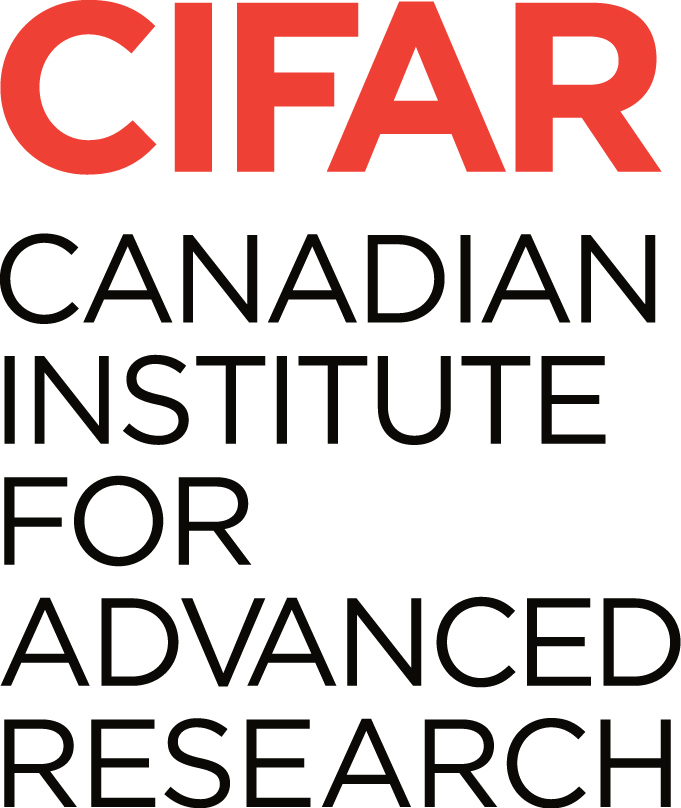Outside of developmental research, cognition is often treated as static. We are able to see and hear certain things and not others, pay attention for only so long, remember trivial facts but forget vital information, and make both good and regrettable decisions. Are we stuck like this in adulthood, or is there room for self-improvement? The challenge in trying to train cognition is that, if easy, it would have already happened — we have countless hours perceiving, attending, remembering, etc. Practice alone, of the everyday variety, does not help much. There has been recent success in training cognition through adaptive behavioral interventions, including action video game playing.
We take a different approach of training cognition by more directly changing the brain. This involves a different kind of fMRI study, known as real-time fMRI, where brain data are measured and analyzed immediately. The results of the analysis are used to update the ongoing task, often referred to as neurofeedback. In this way, good and bad brain states can be rewarded and penalized, respectively. This research is ongoing, but there are some promising indications that attention and memory might be malleable:
deBettencourt, M. T., Cohen, J. D., Lee, R. F., Norman, K. A., & Turk-Browne, N. B. (2015). Closed-loop training of attention with real-time brain imaging. Nature Neuroscience, 18, 470-475.
deBettencourt, M. T., Turk-Browne, N. B., & Norman, K. A. (2019). Neurofeedback helps to reveal a relationship between context reinstatement and memory. NeuroImage, 200, 292-301.















